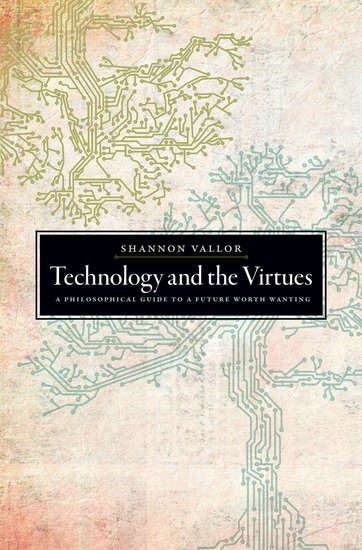Late last month, I was at Theorizing the Web, in NYC, to moderate Panel B3, “Bot Phenomenology,” in which I was very grateful to moderate a panel of people I was very lucky to be able to bring together. Johnathan Flowers, Emma Stamm, and Robin Zebrowski were my interlocutors in a discussion about the potential nature of nonbiological phenomenology. Machine consciousness. What robots might feel.
I led them through with questions like “What do you take phenomenology to mean?” and “what do you think of the possibility of a machine having a phenomenology of its own?” We discussed different definitions of “language” and “communication” and “body,” and unfortunately didn’t have a conversation about how certain definitions of those terms mean that what would be considered language between cats would be a cat communicating via signalling to humans.
It was a really great conversation and the Live Stream video for this is here, and linked below (for now, but it may go away at some point, to be replaced by a static youtube link; when I know that that’s happened, I will update links and embeds, here).

